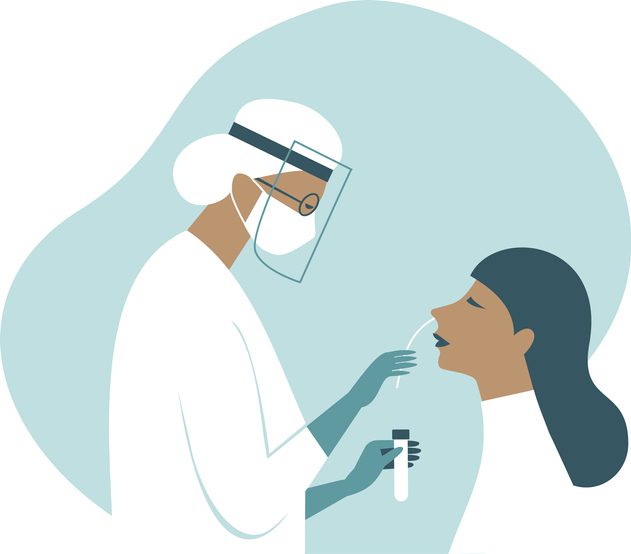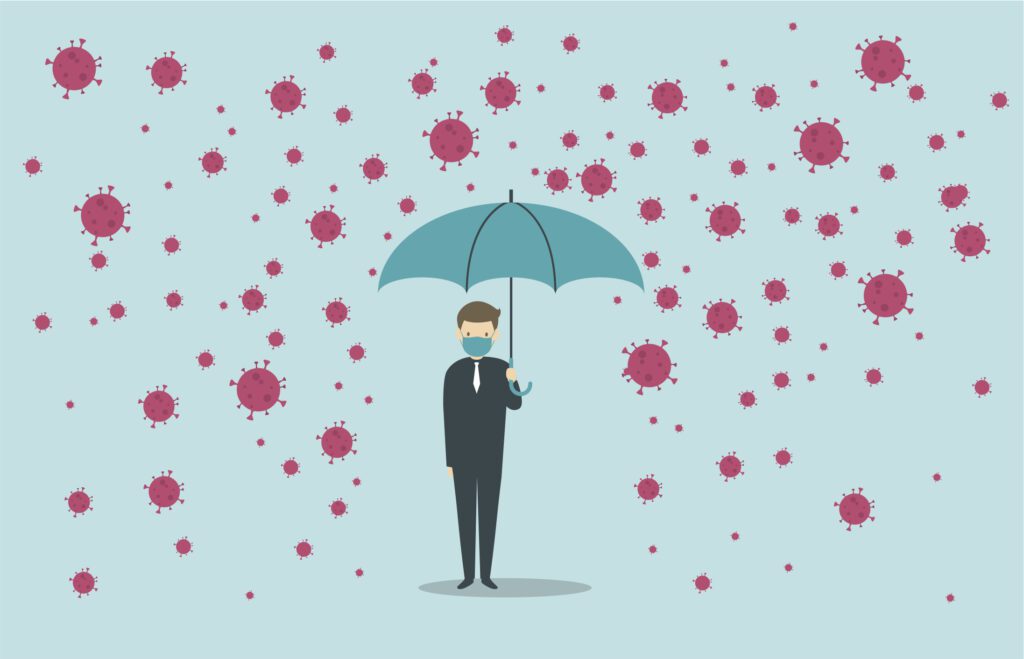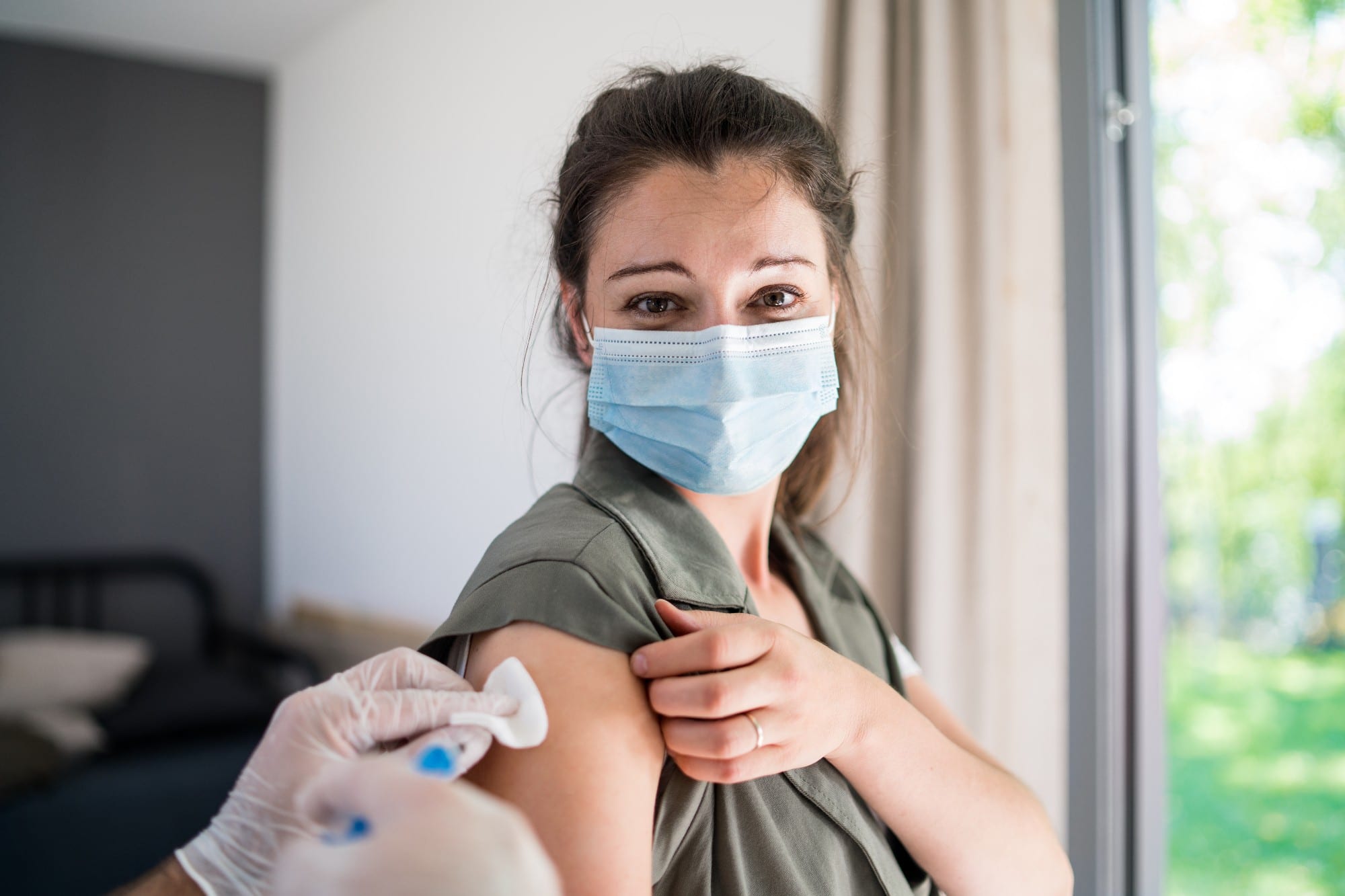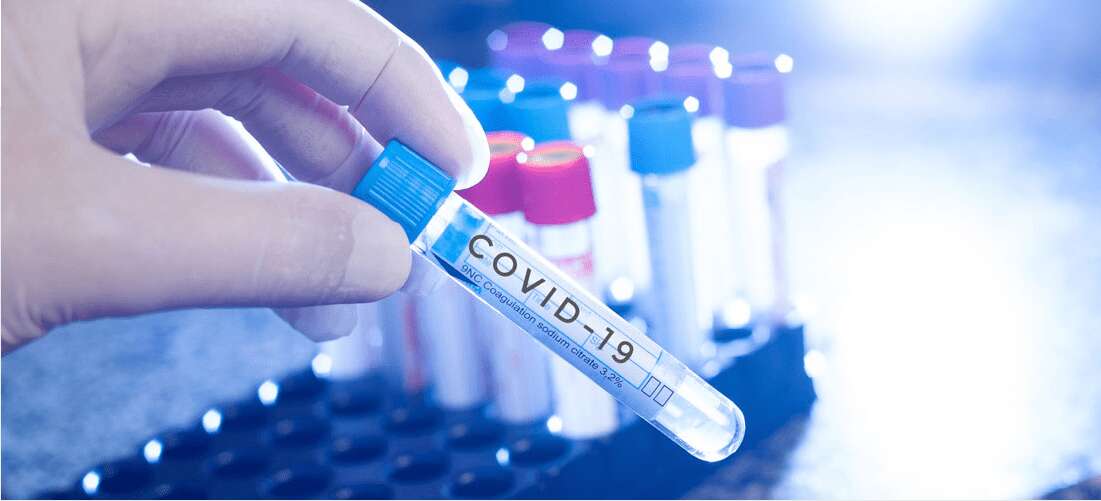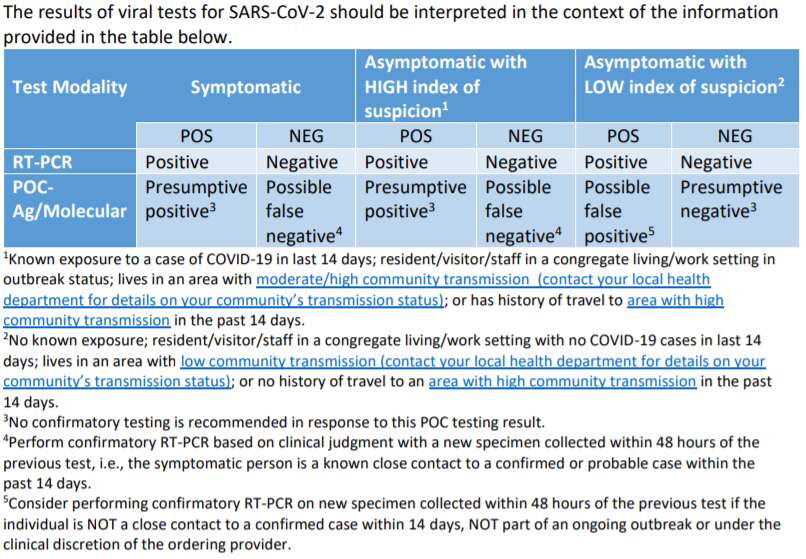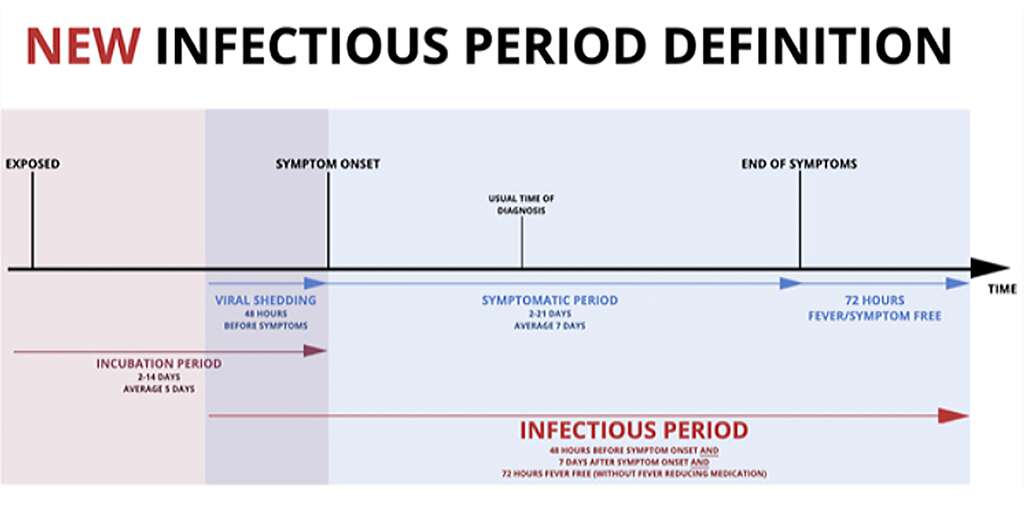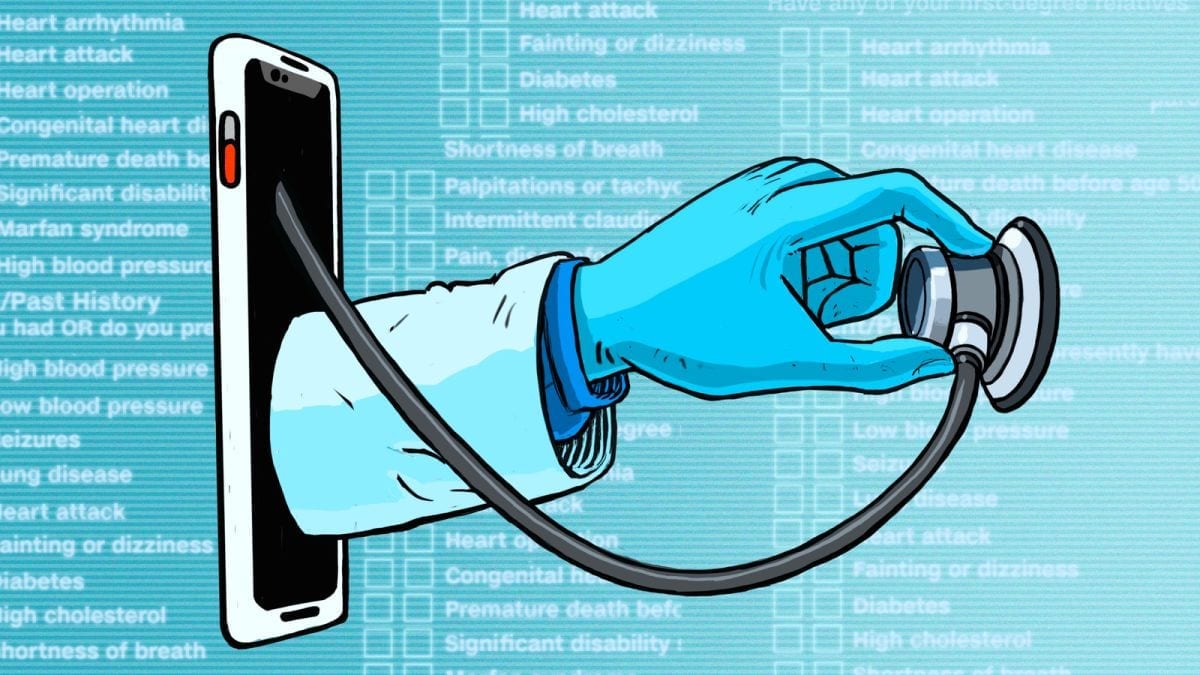Mondays with Your MD: Skin Cancer Awareness Month
Summer is almost here…. and with it comes lots of outdoor activities. Protecting your skin from the sun is imperative. Did you know that skin cancer is the most common type of cancer?
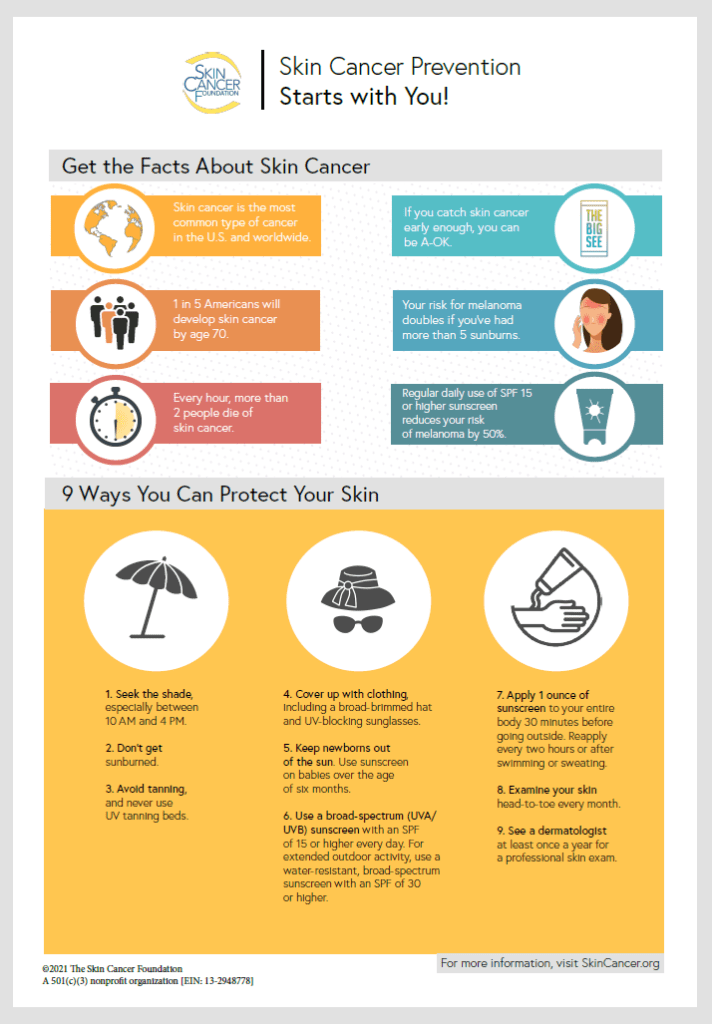
The good news is that skin cancer can be prevented and it can almost always be cured… when it’s found and treated early.
Simple Skin Cancer Prevention Tips:
-Seek the shade between 10am-4pm
-Do NOT get a sunburn
-Use broad spectrum sunscreen SPF 30 or higher and reapply after 2hours
-Examine your skin once a month


